Lloyd's
The Fulbright Lloyd's Award allows academics and professionals to pursue research in any discipline related to risk at any accredited US university.
See other Scholar Awards to the US:
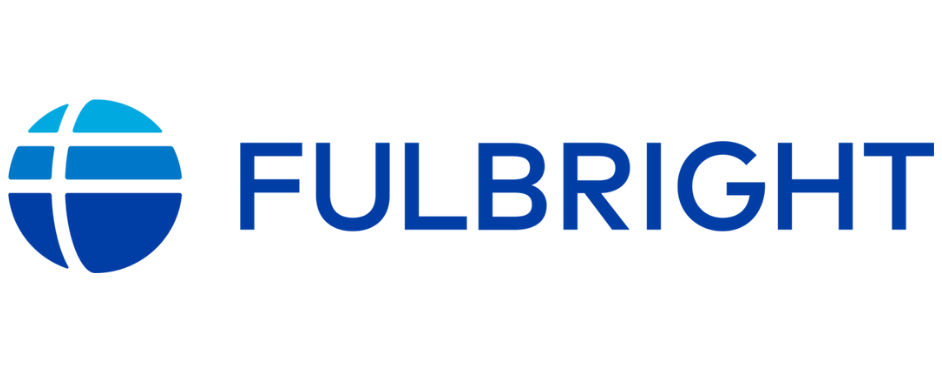
All Disciplines
Lecture and/or research in any discipline.
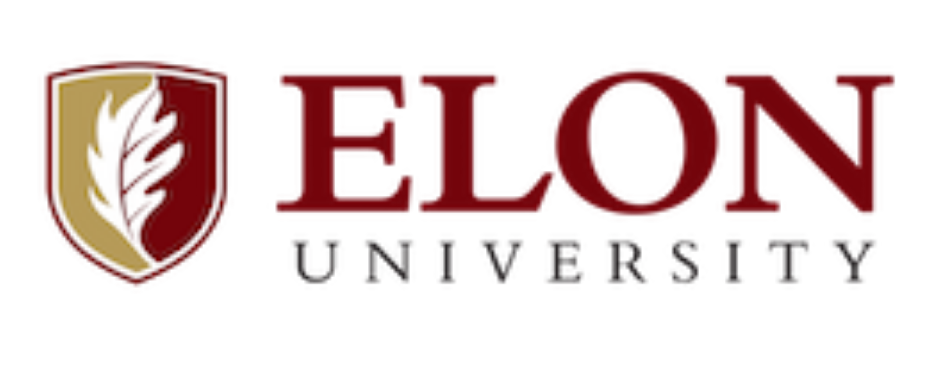
Elon University
Teaching and pursuing independent research in any subject area.

Fulbright-National Archives and Heritage Science Fellowship
Research and pursue professional development in science
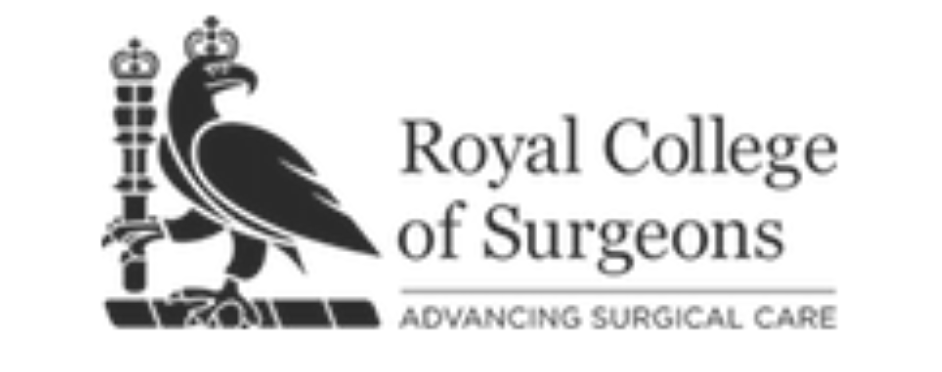
Royal College of Surgeons of England
Research into a number of surgical areas.
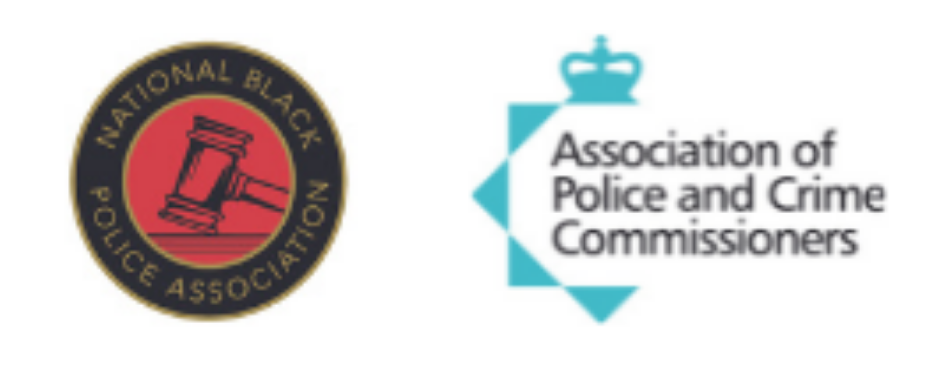
Stephen Lawrence Award
3-month research project on law enforcement & race

Northern Ireland Public Sector
Research or assess best practice

Rutgers University-Newark
Teach and pursue research on issues of the contemporary urban environment.
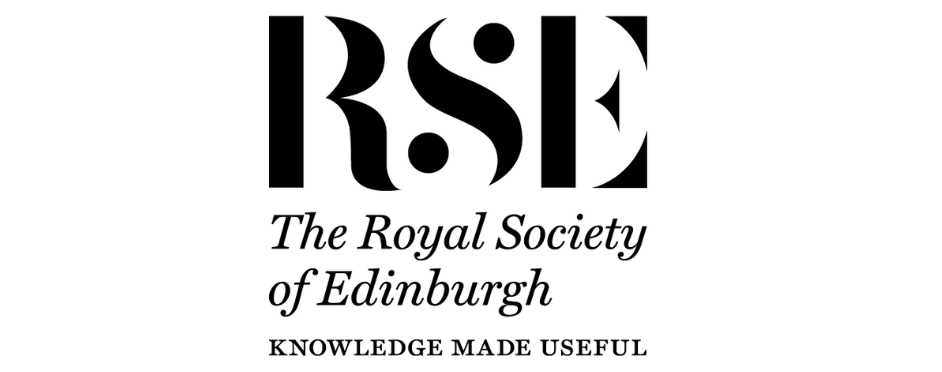
Royal Society of Edinburgh
Lecture and/or research in any discipline.

